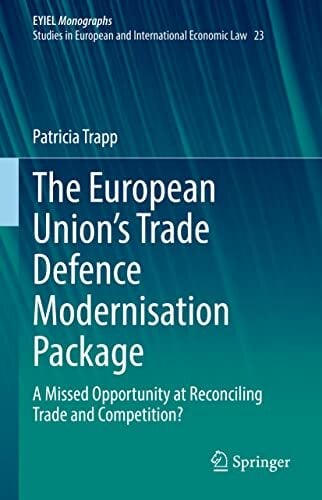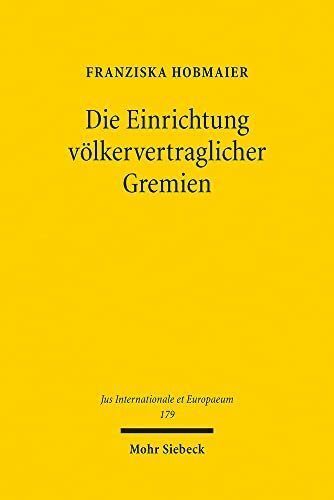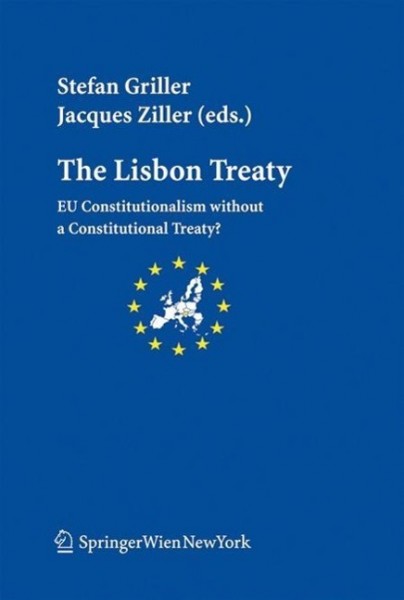
The Lisbon Treaty
Kurzinformation
inkl. MwSt. Versandinformationen
Artikel zZt. nicht lieferbar
Artikel zZt. nicht lieferbar

Beschreibung
When EU leaders signed the Lisbon Treaty in late 2007, it seemed that the constitutional process in Europe was finally close to fruition. For many, the seemingly imminent conclusion of this lengthy process, which had started in 2000 or even earlier and which had absorbed much of the Union's capacity for policy and compromise, came as a great relief. Although the results of the Irish referendum have led to some disillusion, it is evident that - whatever the final outcome might be - for the time being the Lisbon "constitution" is as good as it gets in an EU of 27 or more states.Against that backdrop, this volume presents several works by renowned EU lawyers discussing the consequences of "Lisbon" in various policy fields (External Relations, Justice and Home Affairs, Economic Policy, etc.) as well as the pros and cons of the Union's "constitution" as it stands with the Lisbon Treaty. Additional food for thought is provided in a foreword written by Giuliano Amato, one of the most important protagonists of EU constitutionalism from its very beginning. von Griller, Stefan
Produktdetails

So garantieren wir Dir zu jeder Zeit Premiumqualität.
Über den Autor
Catherine Barnard MA (Cantab), LLM (EUI), PhD (Cantab) is a Reader in EU Law at the University of Cambridge and a fellow of Trinity College. She also holds a Jean Monnet chair of European Law. She is co-director of the Centre for European Legal Studies at Cambridge.José María Beneyto is Professor of International Law, European Law and International Relations at the Universidad San Pablo in Madrid. He is Director of the Institute for European Studies at that university and holds a Jean Monnet chair.Hervé Bribosia is Head of research and scientific co-operation at the Centre Virtuel de la Connaissance sur l'Europe in Luxembourg, and Guest Professor at the University of Paris I (Panthéon-Sorbonne).Dominic Coppens is Junior Member of the Leuven Centre for Global Governance Studies and Assistant at the Institute for International Law, Leuven University.Paul Craig is Professor of English Law at the St. John's College of the University of Oxford.Stefan Griller is Jean Monnet-Professor for European Law at the Europainstitut of Wirtschaftsuniversität, Vienna. He was founding President of ECSA Austria in 1996 and since 2002 serves as its Secretary General. His paper was prepared during his stay as a Fernand Braudel Scholar at the EUI in Florence.Marcel Kau holds a Ph.D. from Konstanz University and an LL.M. from Georgetown University. Currently he works on his habilitation in public law and is assistant researcher at the chair of Prof. Dr. Dr. h.c. Kay Hailbronner at the University of Konstanz/ Germany.Christine Kaddous studied at Neuchâtel, Cambridge / UK and at the Free University of Brussels. She teaches EU Law at Geneva where she holds a Jean Monnet chair and is Director of the Centre d'études juridiques européennes. She publishes extensively on EU external relations.Jean-Victor Louis, honorary professor of the Free University of Brussels, former president its Institute of European Studies, honorary general counsel of the Belgian National Bank, former professor at the EUI, editor of the Cahiers de droit européen, Dr. h.c. (Paris II (Panthéon-Assas)).Bart Meesters is Junior Member of the Leuven Centre for Global Governance Studies and Researcher at the Fund for Scientific Research-Flanders (FWO) and at the Institute for International Law, Leuven University.Ingolf Pernice Professor Dr. jur. Dr. h.c., holds a Chair for public, international and European Law of the Humbodt-University of Berlin. He is managing director of the Walter Hallstein Institute for European Constitutional Law (WHI) of the Humboldt-University of Berlin.Ernst-Ulrich Petersmann is Professor of International and European Law at the European University Institute, Florence, and Head of its Law Department.Paolo Ponzano, EU official since 1971. Before, he assisted Ricardo Monaco at the University of Rome and Altiero Spinelli. He was Director for Relations with the Council, Director of the Task Force on the future of the Union, alternate member of the European Convention, Director for Institutional Affairs and Better Regulation and Senior Fellow at the RSCAS. Currently, he is the Principal Adviser to the Secretary General for Institutional Issues.Antonio Sáinz de Vicuña is General Counsel of the European Central Bank in Frankfurt and Director of the Bank's Legal Service.Bruno de Witte is Professor of European Union law at the European University Institute in Florence.Jan Wouters is Professor of International Law and International Organizations, Director, Leuven Centre for Global Governance Studies and Institute for International Law, Leuven University; Of Counsel, Linklaters, Brussels. His paper was prepared during his stay as a Fernand Braudel Scholar at the EUI in Florence.Jacques Ziller is Professor of Comparative Public Law at the EUI in Florence, holds the joint chair at the RSCAS and is Professor for European Law at the University of Pavia. Previously at he taught at the University Paris I (Panthéon-Sorbonne).
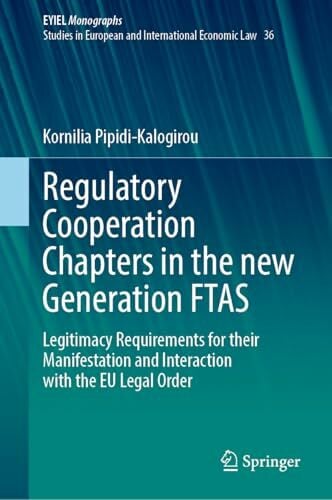
- hardcover
- 250 Seiten
- Erschienen 2024
- Springer

- Klappenbroschur
- 317 Seiten
- Erschienen 2023
- GEV - Grenz-Echo-Verlag

- hardcover
- 255 Seiten
- Erschienen 2015
- Cambridge University Press

- Kartoniert
- 449 Seiten
- Erschienen 2017
- Mohr Siebeck

- paperback
- 512 Seiten
- Erschienen 2011
- Oxford

- hardcover
- 382 Seiten
- Erschienen 2021
- Springer
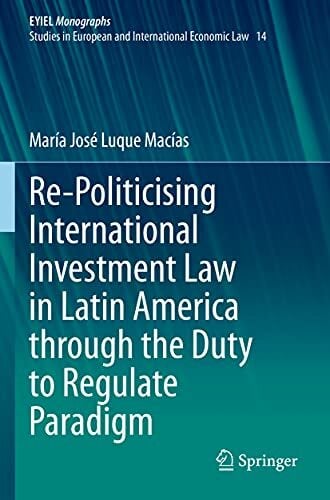
- hardcover
- 300 Seiten
- Erschienen 2021
- Springer

- Gebunden
- 976 Seiten
- Erschienen 2016
- Nomos

- hardcover
- 524 Seiten
- Erschienen 2023
- Mohr Siebeck

- hardcover
- 3988 Seiten
- Nomos

- Kartoniert
- 179 Seiten
- Erschienen 2021
- Nomos

- Hardcover -
- Erschienen 2018
- C.H.Beck
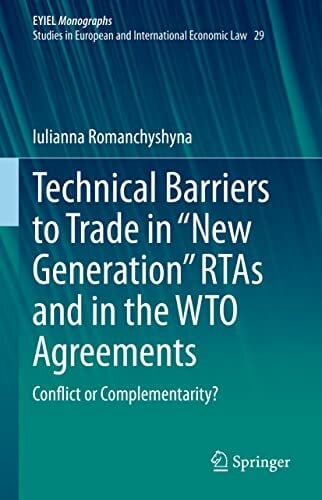
- hardcover
- 199 Seiten
- Erschienen 2023
- Springer

- Kartoniert
- 172 Seiten
- Erschienen 2018
- Nomos









